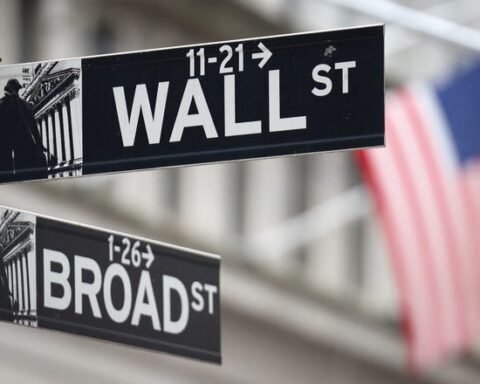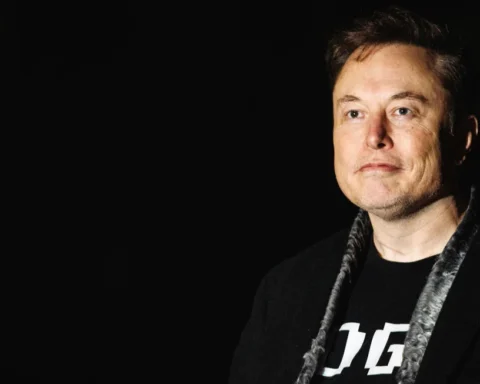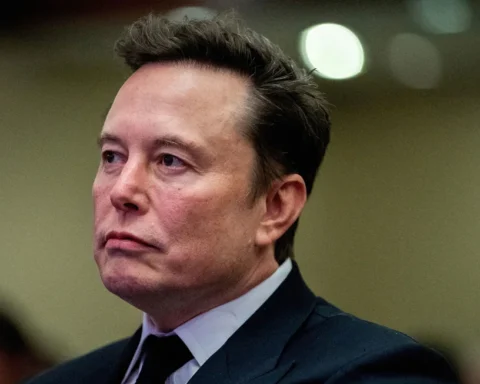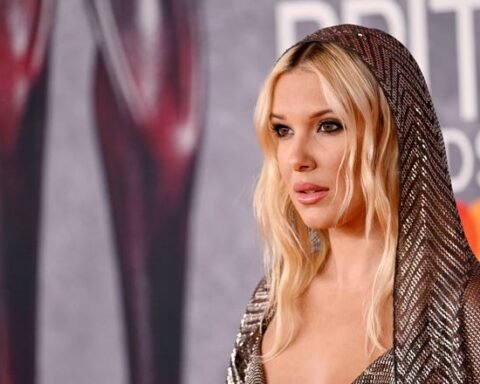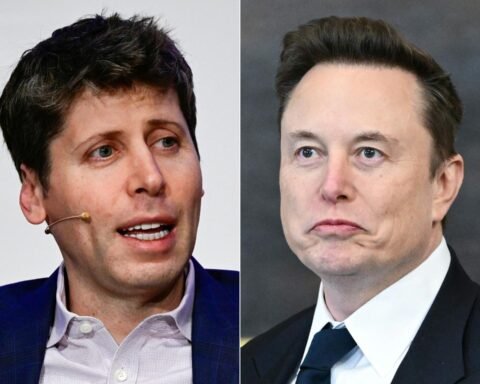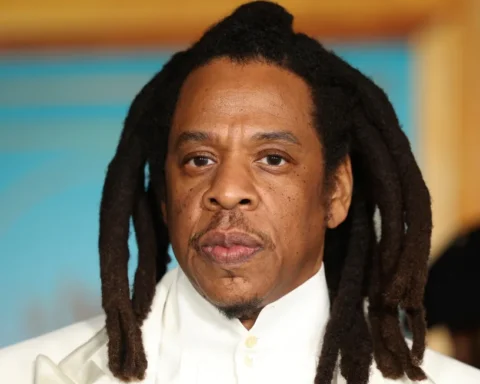
Elon Musk’s Regulatory Battle: The Billionaire’s Effort to Dismantle a Key Financial Watchdog
As Musk pushes X toward becoming a financial powerhouse, his role in crippling the CFPB raises serious ethical and regulatory concerns.
·
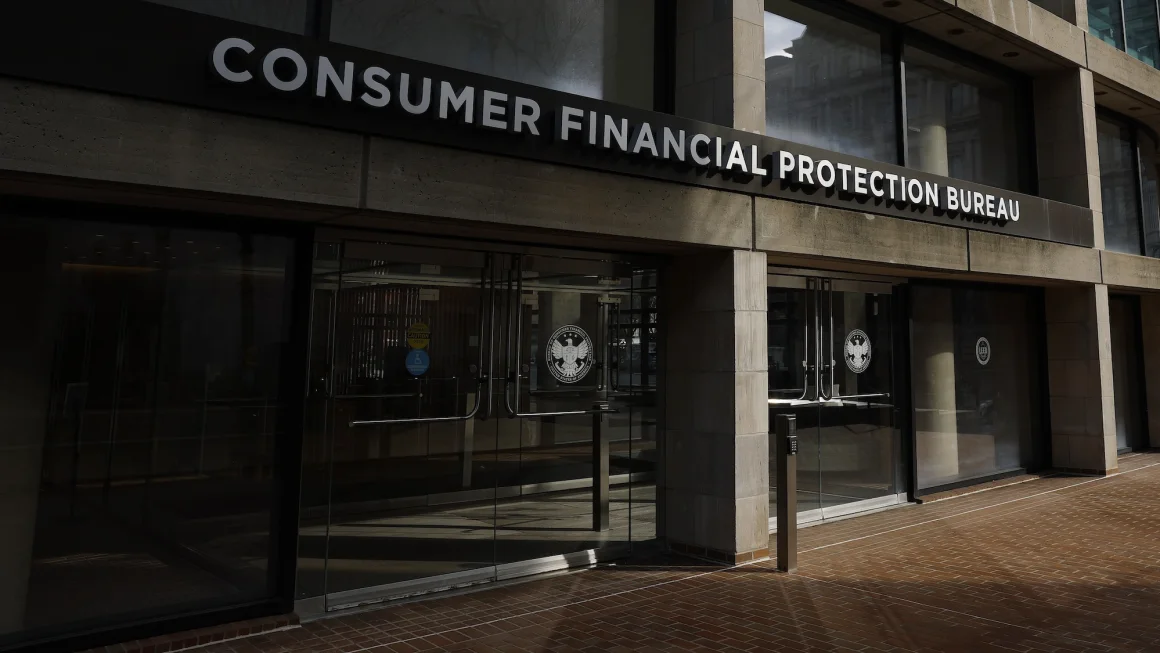
As Musk expands his business empire into digital payments, his campaign against the CFPB raises ethical concerns and conflict of interest warnings.
Elon Musk has never shied away from shaking up industries, but his latest battle is against a federal financial regulator that could impact the future of his business empire. The billionaire entrepreneur is leading an aggressive effort to weaken or dismantle the Consumer Financial Protection Bureau (CFPB), the primary federal agency overseeing financial transactions—including digital payments, a space Musk’s X (formerly Twitter) is actively moving into.
Musk’s Vision for X and Financial Services
Since acquiring Twitter in 2022 and rebranding it as X, Musk has envisioned transforming the platform into an “everything app,” integrating financial services and digital payments. That vision took a significant step forward recently when X CEO Linda Yaccarino announced a partnership with Visa to launch a peer-to-peer payments system later this year.
But Musk’s ambitions have coincided with an aggressive push to undermine the CFPB, a federal watchdog that enforces consumer protection laws in the financial sector. Last week, Musk posted “RIP CFPB” on X, accompanied by a tombstone emoji. Shortly after, the Department of Government Efficiency (DOGE), a division overseen by Musk, deleted the CFPB’s X account and was granted access to the agency’s systems. CFPB employees were reportedly instructed to halt their operations, raising alarm among consumer advocates.
Ethical and Legal Concerns
Musk’s involvement in dismantling a regulator that could oversee X’s financial services has drawn sharp criticism. Ethics experts argue that his role in the White House and his business interests create a direct conflict of interest.
“Elon Musk needs to stay away from the CFPB. That’s cut-and-dry,” said Richard Painter, a law professor at the University of Minnesota and former chief ethics lawyer for President George W. Bush. “If there is any evidence that he has participated in a matter with the CFPB, impeding the work there, then he has risked violating the statute. That’s a slam dunk.”
Adding to the concern is Musk’s largest and most valuable company, Tesla, which also falls under CFPB oversight due to its financing arm. Tesla Finance LLC provides car loans, an area regulated by the CFPB, though the agency does not oversee auto dealerships directly. Ironically, while CFPB employees are prohibited from owning Tesla stock due to conflict-of-interest policies, Musk himself is now positioned to influence the agency’s fate.
The White House and Trump’s Support
The White House defended Musk’s involvement, stating that as an unpaid special government employee, he will file a confidential financial disclosure. The administration characterized the CFPB as a “woke, weaponized arm of the bureaucracy” and signaled its intent to eliminate the agency altogether.
President Donald Trump reinforced that stance, stating, “We’re trying to get rid of waste, fraud, and abuse.”
However, former CFPB official Christopher Peterson argues that Musk’s overt hostility toward the agency renders any recusal meaningless. “If the boss says, ‘CFPB RIP’ and that it should be deleted, recusal is a little late here. You already told everyone their marching orders.”
The Stakes for Consumers
Critics warn that dismantling the CFPB could leave consumers vulnerable to financial abuse, particularly as Musk’s X Payments enters the market. The CFPB’s enforcement actions have resulted in nearly $20 billion in relief for approximately 195 million consumers since its inception.
“The CFPB is the cop on the beat. If you want the cops to stay away, you get rid of the police department,” said Kathleen Engel, a research professor at Suffolk University Law School.
Dennis Kelleher, CEO of Better Markets, was even more direct: “Elon Musk is trying to cripple an agency that is trying to protect consumers who he is trying to sell products and services to. When they get ripped off, mom and pop on Main Street have no chance on their own fighting against these gigantic financial corporations.”
What’s Next for X Payments?
Despite the controversy, X is pressing forward with its financial services rollout. The company has already obtained money-transmitting licenses in 41 states and registered with the Financial Crimes Enforcement Network (FinCEN) as a money services business. Yaccarino called the Visa deal the “first of many big announcements about X Money this year.”
As Musk continues his campaign against financial regulation, the battle over the CFPB is shaping up to be a major political and economic flashpoint. Whether the billionaire’s influence will be enough to dismantle a key consumer protection agency remains to be seen—but the stakes for financial oversight and consumer rights could not be higher.
Post Views: 318
- Trump’s New Tariff Order on Canadian Imports Sends Shockwaves Through the Stock Market
- Timothée Chalamet and Kylie Jenner Spotted Sharing a Kiss at the BNP Paribas Open, Fueling Romance Rumors
- Trump Shows Support for Musk Amid Struggles: “I’ll Buy a Tesla to Back Elon”
- Millie Bobby Brown Speaks Out Against ‘Horrible’ Media Coverage: “I Will Not Be Shamed”
BUSINESS
CEO INSIDER
This error message is only visible to WordPress admins
Error: No feed with the ID 1 found.
Please go to the Instagram Feed settings page to create a feed.


